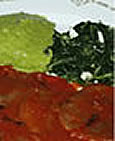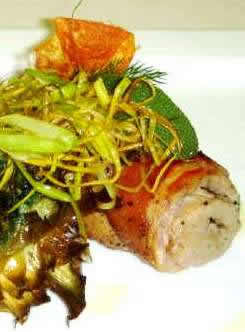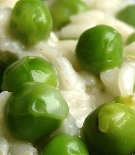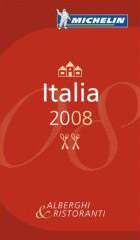B
Food half cooked and half raw, sweet and bitter, neither warm nor cold. The adjective is extended to persons too, neither young nor old, a middle-aged person
Giuseppe Gioacchino Belli (1791-1863)
Roman dialect poetry or, as a Saint-Beuve definition, painter of the Roman life. In the almost 2.300 sonnets written in roman dialect he represents with biting satire the papal Rome of the first half of the 800. He derides a decadent society, governed from the Pope king and from a little number of aristocratic that oppress the common people, true protagonist of Belli’s work, and sincere depositary of the truth.
Belli dedicate many sonnets to the pleasures of the table:
“Vamm’a cercaun paese foravia
dove se vòti com’a Roma er fiasco!”
da Un privilegio
(“Find another country / where people polish off the bottle like in Rome”)
Inn, tavern of lowest degree.
Lazio Region ancient term now spread in all Italy that indicates a slice of rustic bread toasted (”bruscato”) on which to rub a clove of garlic. Slice of bread must be salted, spicy with pepper and dressed with extravirgin oil. Then they can be enriched with mature tomato cut into cubes. Ada Boni offers the classic recipe of bruschetta aglio e olio (garlic and oil) and bruschetta e pomodoro (tomato).
“Me so’ aggiustato un piatto de bruschetta
davanti a un tavolino sganghenato
e un pensieraccio nero l’ho affogato
nell’urtima fojetta.
All’improvviso allora fo er pajaccio:
così m’illudo, mentre rido e canto,
che la felicità na vorta tanto,
m’ha preso sottobraccio.”
(“I tasted a bruschetta / on a rickety table / and a dark thought I drown / in the last quart of wine / Suddenly I do the jester: / so I flatter myself, while I’m laughing and singing, / that happiness once in a while, / take me arm-in-arm”)
Giuliano Malizia, All’Osteria dell’illusione


























